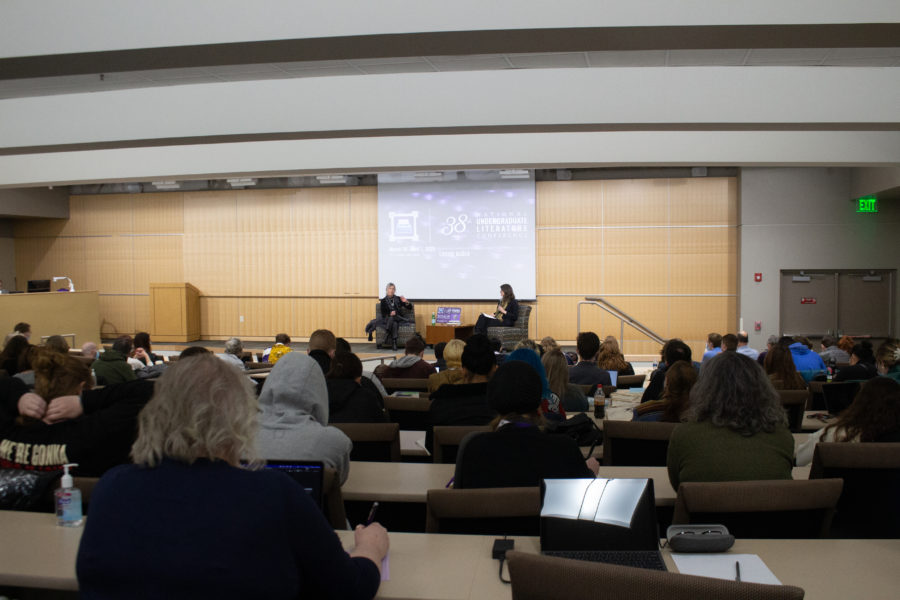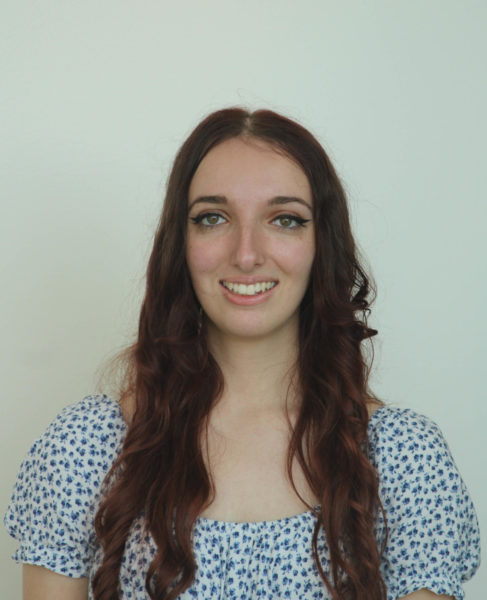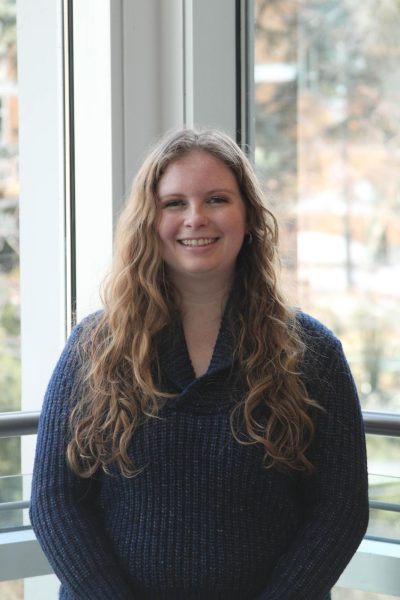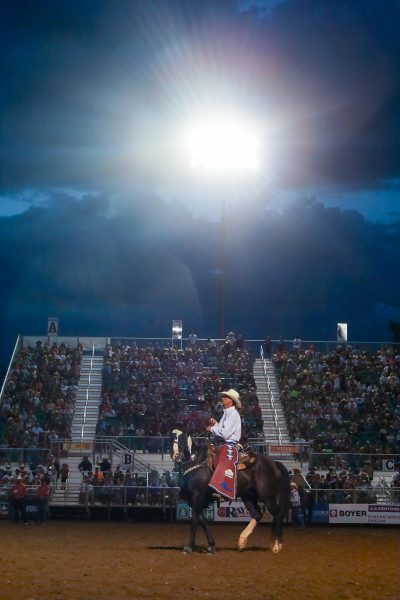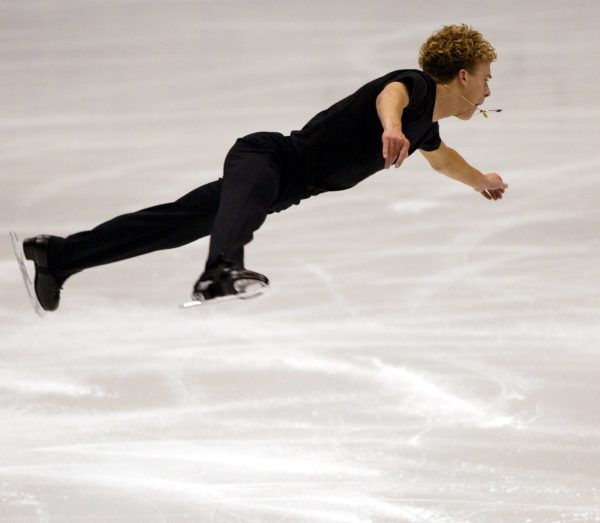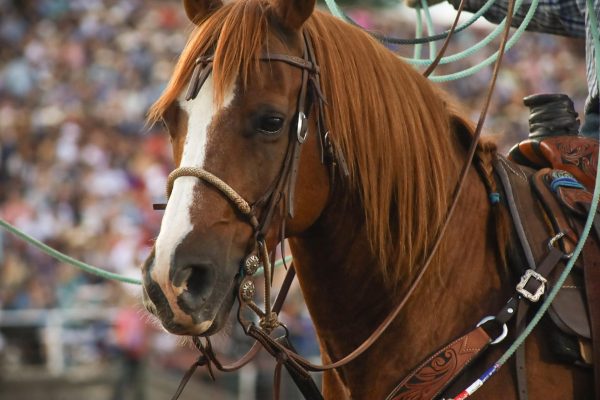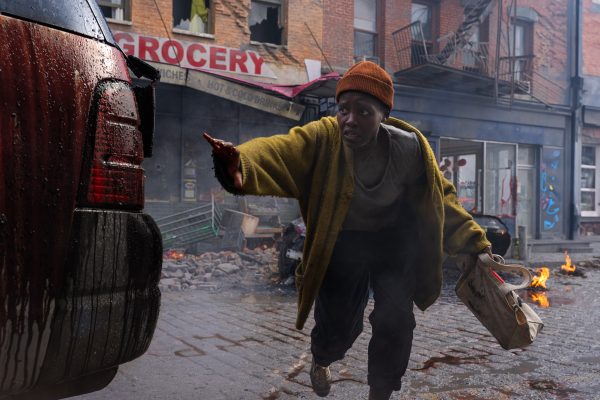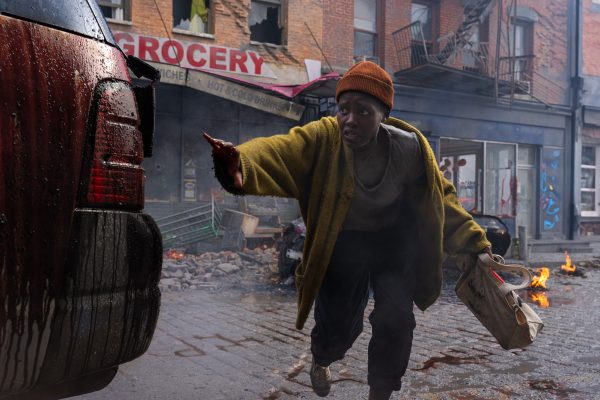Poetry and prose with Louise Glück
Students from schools across the nation were on Weber State University’s campus to attend the 38th National Undergraduate Literature Conference in Elizabeth Hall on March 30-April 1.
This year’s keynote speaker was Nobel prize-winning poet Louise Glück. The conference revolved around two interview sessions with Glück, as well as a banquet and reading at Timbermine Steakhouse.
Glück is the author of several books of poetry, and held the position of Poet Laureate from 2003-2004. Besides the Nobel, Glück has won several other awards and prizes, including a Pulitzer in 1993 for her book, “The Wild Iris.”
One purpose of the conference was to provide undergraduate student researchers and authors a chance to share their work. There were seven student sessions, each with 3-5 breakout rooms.
Students could present in a variety of different categories, either in creative works or research and criticism. Creative works included categories like fiction and poetry, while research saw many different sections including American literature, digital literacy and professional and technical writing.
Presenters from as far away as Texas A&M University came to the conference, with many of the other presenters being Weber State University students.
WSU professor Sunni Brown Wilkinson and student Charlie Vasquez conducted the first interview session on March 30, and professor Laura Stott did the second on March 31. During these sessions, Glück talked about writing during the pandemic, writer’s block and age.
Glück had left California to go back to her home in Cambridge when the pandemic first started. She recalled that usually, when coming home after traveling, she felt as if everything had changed. Nothing looked right. In the past, Glück fixed this by filling the space with friends, but due to social distancing and pandemic safety precautions, this was no longer an option.
“Winter Recipes from the Collective” is a book of poetry she completed during the pandemic. Against the many mixed reviews, Glück feels her best poems were produced during this time. Transformation and change are significant factors in Glück’s writing. This change was no different.
“The advantage of living in time is each successive period brings its gifts and sorrows and these produce different bodies of work,” Glück said during the banquet dinner.
“Winter Recipes from the Collective” was a slower book for her to write because there were two years where she couldn’t write anything. This period filled her with despair, but she didn’t want to force anything.
After not being able to write for a while, Glück decided she had to move on and got a teaching job. Shortly after this, she found inspiration again and was exhilarated to continue what she’d been doing since she was a child.
Glück also discussed how age has affected her writing. She was surprised she’s got so many things to say about old age, but it is just a different transformation.
“Any condition that affords you new information is a gold mine,” Glück said.
Glück added that these transformations and new experiences give you more material for writing. She gave multiple readings of her work, despite letting the audience know she prefers her work to be silently read, a private and personal moment with the words on the page.
“I don’t feel well listening to myself while I read,” Glück said.
At the first session, Glück read a poem titled “An Endless Story,” and time was set aside at the banquet for her to read multiple pieces including “Landscape,” “The Red Poppy” and a prose poem called “Theory of Memory.”
Between each reading, Glück would provide context as to what inspired the piece. For the poem “Descending Figure,” Glück said it was based on her discovery that her parents had had a child before her, but the baby died at 9 days old.
Glück was very candid about her writing process. She said she does not have a favorite poetry collection, and she doesn’t have a solid process for creating a book or setting aside a particular time or space for writing.
Glück said the creation of her books has been different with each new release. Learning how to create one book, for her, did not help her know what to do with the next one.
Despite not having answers for these questions, Glück did give other pieces of advice for poets and writers in the audience.
Glück said the best thing a new writer can do is to be patient and develop a tough skin. There are periods where a writer’s work will be ignored or slightly acknowledged, and they just have to continue and continue trying.
Glück also emphasized the importance of how the poem should be an experience for both the writer and the reader.
The second day of Glück’s session was cut short due to the weather, but she still managed a short book-signing at the end.
Glück spoke of dreams that influenced her writing, including one about a bonsai tree and one about making a sandwich out of preserved moss.
“You should live your life following the enthusiasms that appear to you,” Glück said.
Other voices were also recognized during the conference.
Mikel Vause, co-director of NULC and professor of English at WSU, was celebrated during the banquet. This conference is the last that he will co-direct, as he is retiring. He was thanked by his co-director, daughter and WSU professor Sarah Vause, celebrating his work in running the previous 38 years of the conference.
On the evening of March 31, students had an opportunity to read their work at an open mic hosted by Metaphor, WSU’s literary journal. Seventeen authors shared their poetry, creative nonfiction and short stories. Bailey O’Leary, editor-in-chief of Metaphor, read some of her work as well as Metaphor’s advisor, Jan Hamer.
The third and final day of NULC, April 1, consisted solely of student sessions. The conference concluded at 11:30 a.m.
Between the events, the conference was a chance for writers to connect. There were social events like the Favorite Poems Project and the banquet, where participants had a chance to mingle with the others at their table.
NULC occurs every year, and it is something students in all majors can consider submitting their writings for next year.



